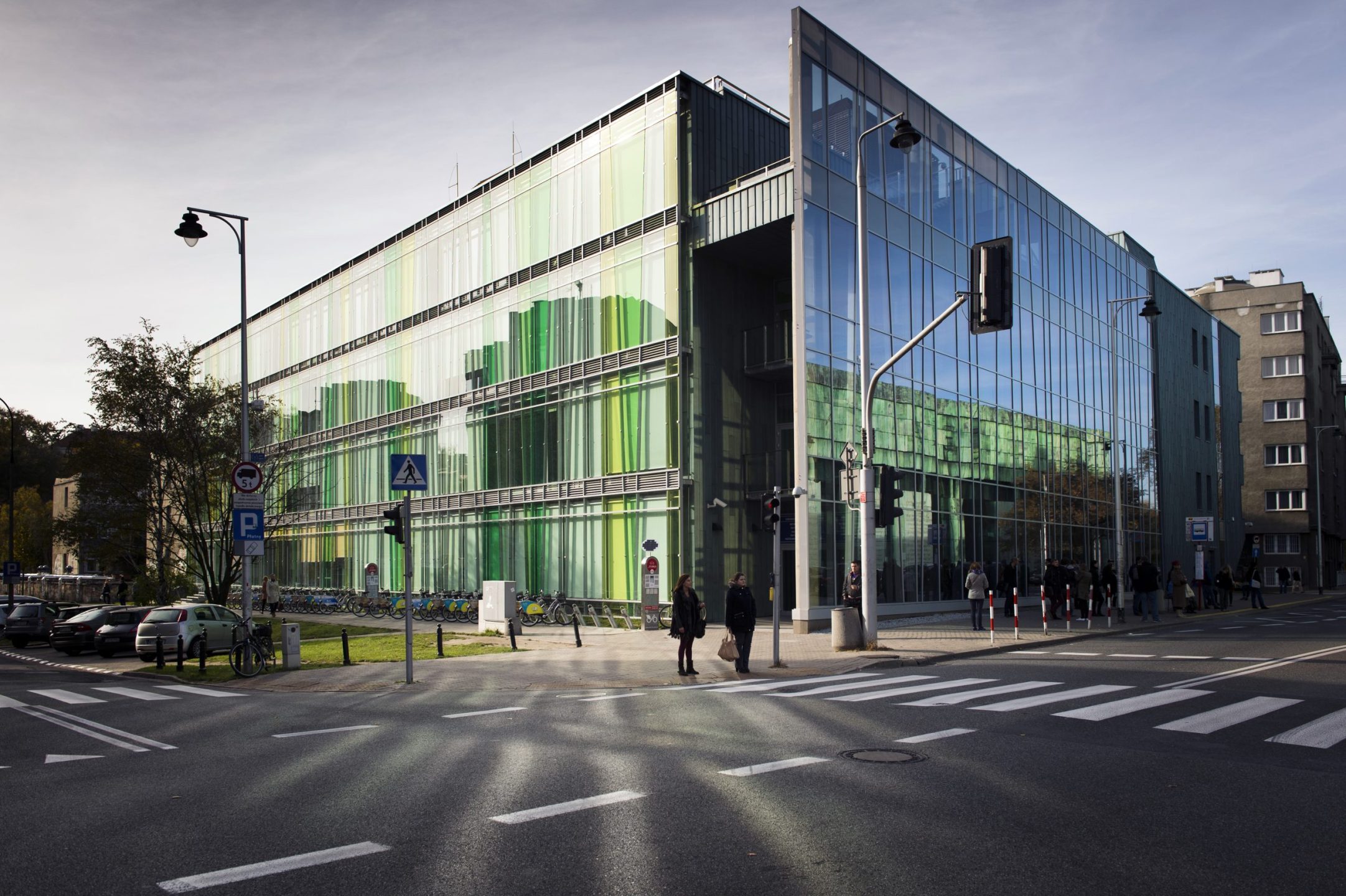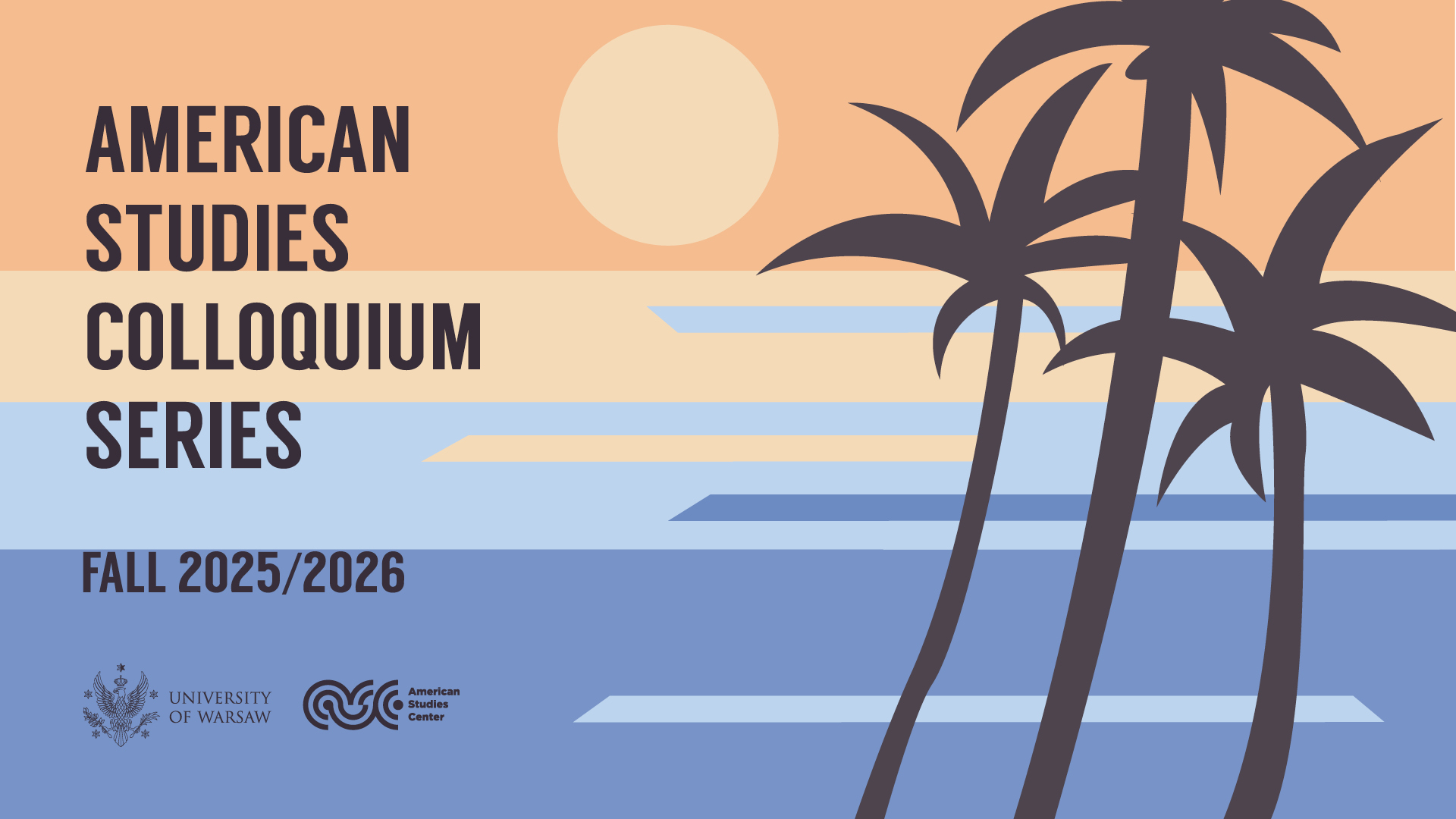Due to the bilateral agreement between University of Warsaw and University of Florida, Gainesville the American Studies Center offers two stipends for a 2023/2024 fall or spring semester at the College of Liberal Arts and Sciences.
The stipend involves a fee waiver. Other costs (travel and accommodation, J-visa, health insurance) are to be covered by the student.
How to apply?
Applications that involve:
- a CV
- a motivation statement
- a transcript of records in English (“karta przebiegu studiów” from USOS)
- a signed “pozwolenie na wyjazd” form (please, note that for now, you do not need to collect the Head of the Educational Unit’s signature)
- a signed RODO agreement form
- and any other documents which you think could be useful in the recruitment process (e.g. a certificate TOEFL iBT 80, TOEFL PBT 550, IELTS 6.0, MELAB 7 or Verbal GRE 140).
should be submitted by e-mail to ASC Mobility Coordinator Dr. Ludmiła Janion (l.janion@uw.edu.pl) by February 26, 2023. Please send all documents in one e-mail.
B.A. and M.A. students may apply. The person granted the stipend will be required to provide a Covid vaccination certificate and a bank statement in English, confirming min. 6,000 USD (or equivalent in PLN or EUR) on their bank account.
More information on courses at the website of the hosting university.
The ASC Mobility Coordinator will be happy to answer any additional questions you may have, so feel free to contact her by email.




